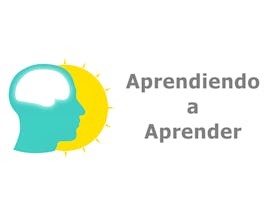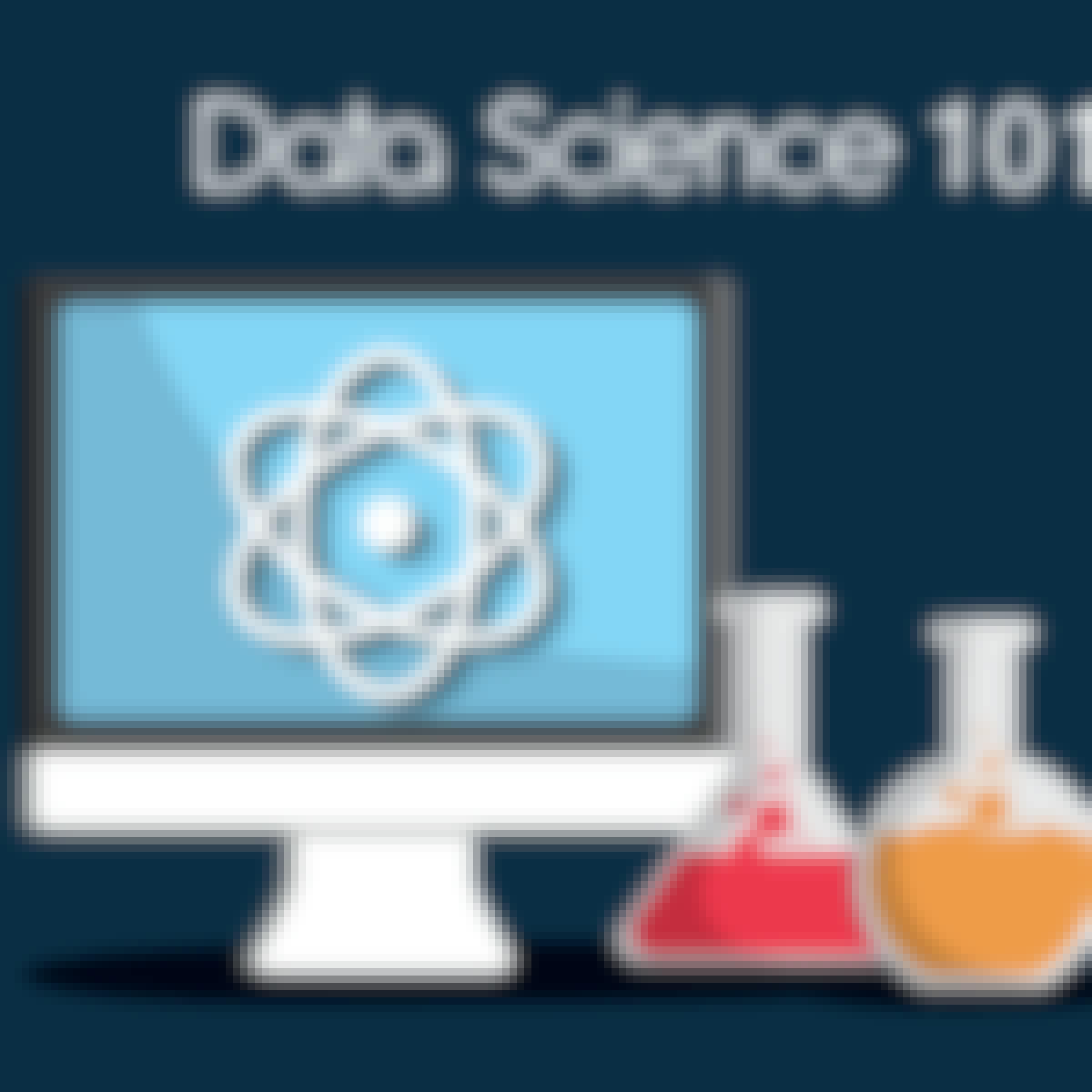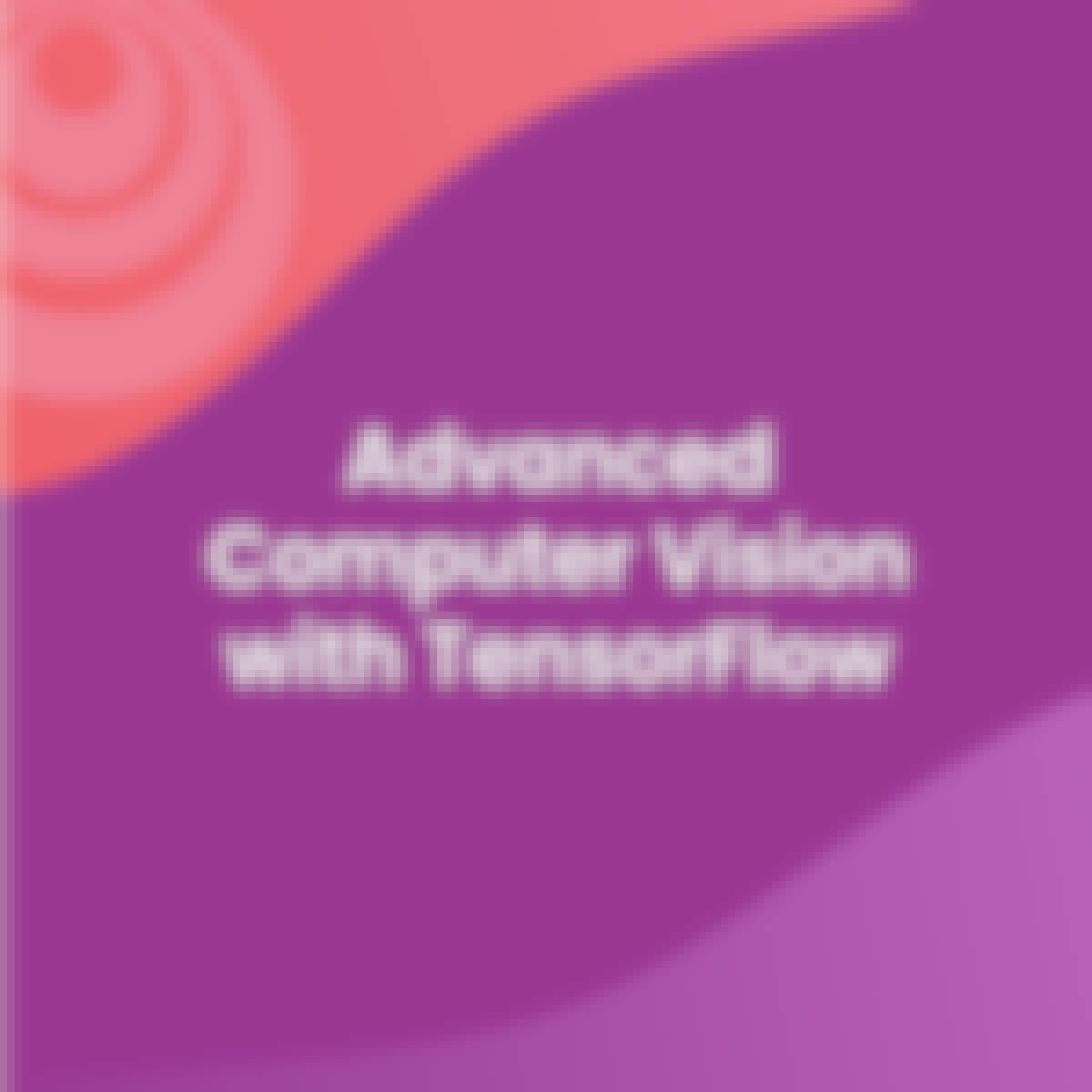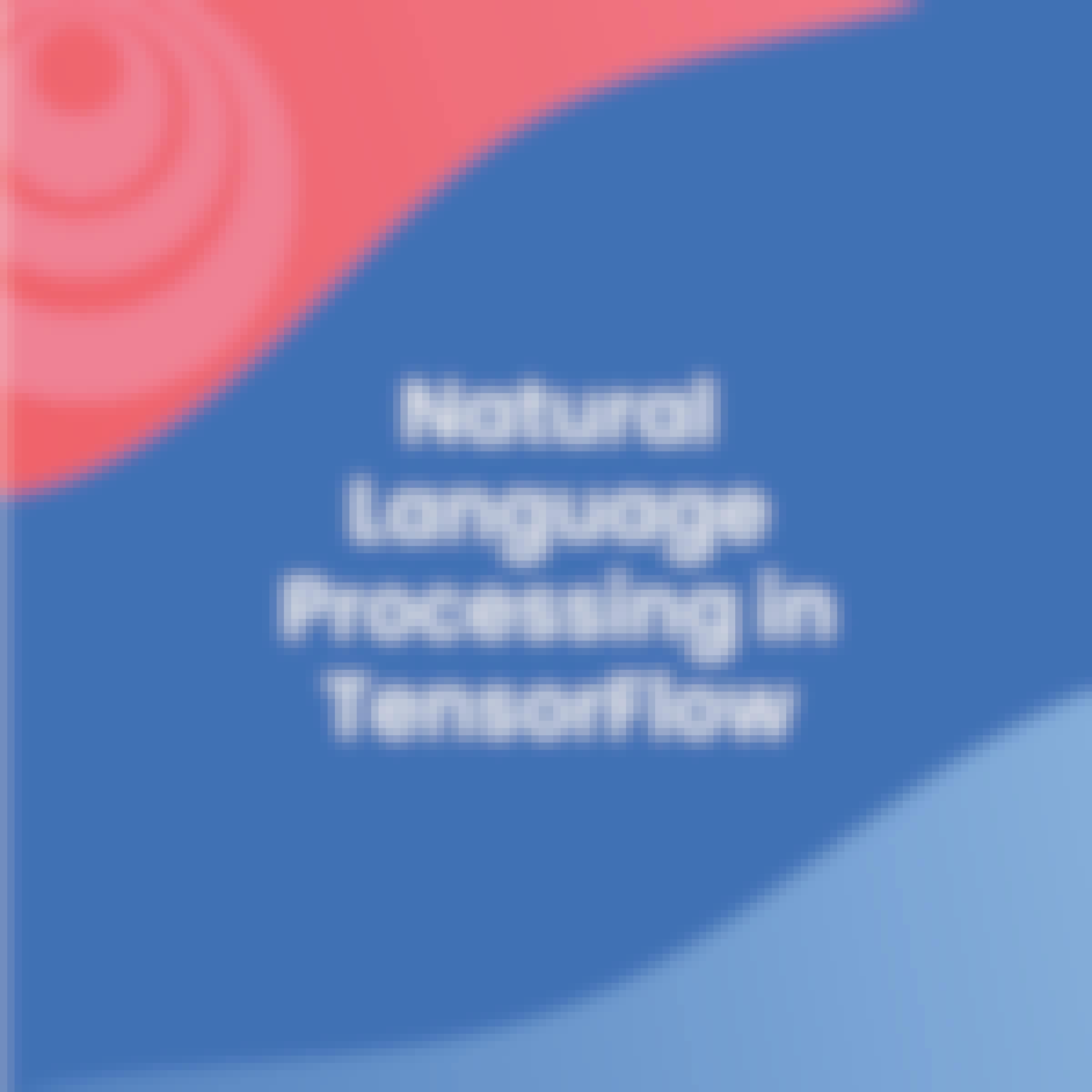972 results for "deep learning"
 Status: Free
Status: FreeThe University of Tokyo

University of Illinois at Urbana-Champaign
Skills you'll gain: Leadership and Management, Accounting, Financial Accounting, Finance, Financial Analysis, Business Analysis, Strategy, Marketing, Financial Management, Critical Thinking, Decision Making, Data Analysis, General Accounting, Strategy and Operations, Market Analysis, Generally Accepted Accounting Principles (GAAP), Taxes, Entrepreneurship, Management Accounting, Investment Management, Mergers & Acquisitions, Risk Management, Communication, Market Research, Regulations and Compliance, Cost Accounting, Problem Solving, Digital Marketing, Account Management, Accounts Payable and Receivable, Corporate Accouting, Marketing Management, Media Strategy & Planning, Business Development, Business Process Management, Data Management, Exploratory Data Analysis, Statistical Programming, Probability & Statistics, Data Visualization, Innovation, Audit, Leadership Development, Planning, Business Transformation, Banking, Performance Management, Business Intelligence, Cash Management, Product Strategy, Python Programming, Sales, Statistical Analysis, Social Media, Brand Management, Business Psychology, Customer Analysis, Business Communication, Creativity, Organizational Development, Product Management, Research and Design, Securities Trading, Culture, Data Analysis Software, Machine Learning, Business Design, Advertising, Behavioral Economics, Customer Relationship Management, Human Learning, People Analysis, Process Analysis, R Programming, Correlation And Dependence, General Statistics, Influencing, People Management, Product Marketing, Interactive Data Visualization, Adaptability, Change Management, Conflict Management, Marketing Design, Operational Analysis, Project Management, Advertising Sales, Collaboration, Payments, Product Development, Regression, Statistical Machine Learning, Negotiation, Basic Descriptive Statistics, Benefits, Big Data, Budget Management, Data Model, Emotional Intelligence, Human Resources, Operations Management, Plot (Graphics), Data Visualization Software, Probability Distribution, Statistical Tests, Storytelling, Algorithms, Computer Programming, Data Mining, Employee Relations, Securities Sales, Data Structures, Machine Learning Algorithms, Visualization (Computer Graphics), Contract Management, Extract, Transform, Load, Supplier Relationship Management, Databases, Entrepreneurial Finance, Forecasting, Game Theory, Supply Chain and Logistics, Visual Design, Accounting Software, Econometrics, Natural Language Processing, SQL, BlockChain, Data Architecture, Microsoft Excel, Writing
University of Illinois at Urbana-Champaign

University of Pittsburgh
 Status: Free
Status: FreeDeep Teaching Solutions
Skills you'll gain: Human Learning, Leadership and Management, Professional Development, Training

University of Illinois at Urbana-Champaign
Skills you'll gain: Leadership and Management, Accounting, Financial Accounting, Finance, Financial Analysis, Business Analysis, Strategy, Marketing, Financial Management, Critical Thinking, Decision Making, Data Analysis, General Accounting, Strategy and Operations, Market Analysis, Generally Accepted Accounting Principles (GAAP), Taxes, Entrepreneurship, Management Accounting, Investment Management, Mergers & Acquisitions, Risk Management, Communication, Market Research, Regulations and Compliance, Cost Accounting, Problem Solving, Digital Marketing, Account Management, Accounts Payable and Receivable, Corporate Accouting, Marketing Management, Media Strategy & Planning, Business Development, Business Process Management, Data Management, Exploratory Data Analysis, Statistical Programming, Probability & Statistics, Data Visualization, Innovation, Audit, Leadership Development, Planning, Business Transformation, Banking, Performance Management, Business Intelligence, Cash Management, Product Strategy, Python Programming, Sales, Statistical Analysis, Social Media, Brand Management, Business Psychology, Customer Analysis, Business Communication, Creativity, Organizational Development, Product Management, Research and Design, Securities Trading, Culture, Data Analysis Software, Machine Learning, Business Design, Advertising, Behavioral Economics, Customer Relationship Management, Human Learning, People Analysis, Process Analysis, R Programming, Correlation And Dependence, General Statistics, Influencing, People Management, Product Marketing, Interactive Data Visualization, Adaptability, Change Management, Conflict Management, Marketing Design, Operational Analysis, Project Management, Advertising Sales, Collaboration, Payments, Product Development, Regression, Statistical Machine Learning, Negotiation, Basic Descriptive Statistics, Benefits, Big Data, Budget Management, Data Model, Emotional Intelligence, Human Resources, Operations Management, Plot (Graphics), Data Visualization Software, Probability Distribution, Statistical Tests, Storytelling, Algorithms, Computer Programming, Data Mining, Employee Relations, Securities Sales, Data Structures, Machine Learning Algorithms, Visualization (Computer Graphics), Contract Management, Extract, Transform, Load, Supplier Relationship Management, Databases, Entrepreneurial Finance, Forecasting, Game Theory, Supply Chain and Logistics, Visual Design, Accounting Software, Econometrics, Natural Language Processing, SQL, BlockChain, Data Architecture, Microsoft Excel, Writing

University of Illinois at Urbana-Champaign
Skills you'll gain: Leadership and Management, Accounting, Financial Accounting, Finance, Financial Analysis, Business Analysis, Strategy, Marketing, Financial Management, Critical Thinking, Decision Making, Data Analysis, General Accounting, Strategy and Operations, Market Analysis, Generally Accepted Accounting Principles (GAAP), Taxes, Entrepreneurship, Management Accounting, Investment Management, Mergers & Acquisitions, Risk Management, Communication, Market Research, Regulations and Compliance, Cost Accounting, Problem Solving, Digital Marketing, Account Management, Accounts Payable and Receivable, Corporate Accouting, Marketing Management, Media Strategy & Planning, Business Development, Business Process Management, Data Management, Exploratory Data Analysis, Statistical Programming, Probability & Statistics, Data Visualization, Innovation, Audit, Leadership Development, Planning, Business Transformation, Banking, Performance Management, Business Intelligence, Cash Management, Product Strategy, Python Programming, Sales, Statistical Analysis, Social Media, Brand Management, Business Psychology, Customer Analysis, Business Communication, Creativity, Organizational Development, Product Management, Research and Design, Securities Trading, Culture, Data Analysis Software, Machine Learning, Business Design, Advertising, Behavioral Economics, Customer Relationship Management, Human Learning, People Analysis, Process Analysis, R Programming, Correlation And Dependence, General Statistics, Influencing, People Management, Product Marketing, Interactive Data Visualization, Adaptability, Change Management, Conflict Management, Marketing Design, Operational Analysis, Project Management, Advertising Sales, Collaboration, Payments, Product Development, Regression, Statistical Machine Learning, Negotiation, Basic Descriptive Statistics, Benefits, Big Data, Budget Management, Data Model, Emotional Intelligence, Human Resources, Operations Management, Plot (Graphics), Data Visualization Software, Probability Distribution, Statistical Tests, Storytelling, Algorithms, Computer Programming, Data Mining, Employee Relations, Securities Sales, Data Structures, Machine Learning Algorithms, Visualization (Computer Graphics), Contract Management, Extract, Transform, Load, Supplier Relationship Management, Databases, Entrepreneurial Finance, Forecasting, Game Theory, Supply Chain and Logistics, Visual Design, Accounting Software, Econometrics, Natural Language Processing, SQL, BlockChain, Data Architecture, Microsoft Excel, Writing

Skills you'll gain: Big Data, Data Analysis, Data Mining, Data Science, Deep Learning, Machine Learning, Regression, Writing

DeepLearning.AI
Skills you'll gain: Artificial Neural Networks, Computer Vision, Deep Learning, Machine Learning, Tensorflow, Machine Learning Algorithms, Machine Learning Software, Applied Machine Learning, Human Learning, Python Programming

University of Illinois at Urbana-Champaign
Skills you'll gain: Leadership and Management, Accounting, Finance, Financial Analysis, Financial Accounting, Business Analysis, Data Analysis, Strategy, Decision Making, Critical Thinking, Financial Management, Marketing, Strategy and Operations, Market Analysis, General Accounting, Taxes, Generally Accepted Accounting Principles (GAAP), Entrepreneurship, Investment Management, Management Accounting, Market Research, Communication, Risk Management, Mergers & Acquisitions, Problem Solving, Regulations and Compliance, Cost Accounting, Probability & Statistics, Data Management, Account Management, Digital Marketing, Business Development, Accounts Payable and Receivable, Corporate Accouting, Exploratory Data Analysis, Marketing Management, Statistical Programming, Business Process Management, Business Psychology, Media Strategy & Planning, Business Intelligence, Behavioral Economics, Culture, Data Visualization, Leadership Development, Audit, Business Transformation, Innovation, Planning, Statistical Analysis, Product Strategy, Research and Design, Banking, Customer Analysis, General Statistics, Organizational Development, Performance Management, Brand Management, Cash Management, Python Programming, Sales, Business Communication, People Analysis, R Programming, Social Media, Correlation And Dependence, Creativity, Data Analysis Software, Machine Learning, Product Management, Securities Trading, Human Learning, Advertising, Business Design, Customer Relationship Management, Process Analysis, Design and Product, Influencing, Regression, Operational Analysis, People Management, Product Development, Product Marketing, Econometrics, Interactive Data Visualization, Adaptability, Budget Management, Change Management, Conflict Management, Marketing Design, Statistical Machine Learning, Project Management, Advertising Sales, Basic Descriptive Statistics, Big Data, Collaboration, Emotional Intelligence, Forecasting, Human Resources, Operations Management, Payments, Plot (Graphics), Probability Distribution, Benefits, Data Model, Product Design, Negotiation, Algorithms, Data Structures, Data Visualization Software, Statistical Tests, Storytelling, Computer Programming, Data Mining, Employee Relations, Product Lifecycle, Securities Sales, Visualization (Computer Graphics), Machine Learning Algorithms, Supplier Relationship Management, Supply Chain and Logistics, Contract Management, Extract, Transform, Load, Visual Design, Databases, Entrepreneurial Finance, Game Theory, Accounting Software, Natural Language Processing, SQL, BlockChain, Data Architecture, Microsoft Excel, Writing

DeepLearning.AI
Skills you'll gain: Machine Learning, Natural Language Processing, Deep Learning, Machine Learning Algorithms, Tensorflow, Python Programming, Computer Programming, Artificial Neural Networks, Machine Learning Software, Network Model
Searches related to deep learning
In summary, here are 10 of our most popular deep learning courses
- Post Graduate Certificate in Natural Language Processing: IIT Guwahati
- Let’s Read! Learning Japanese through Science & Technology-1: The University of Tokyo
- Graduate Certificate in Strategic Leadership & Management: University of Illinois at Urbana-Champaign
- Master of Computer Science (feat. Data Science Track): University of Illinois at Urbana-Champaign
- Master of Data Science: University of Pittsburgh
- Aprendiendo a aprender: Poderosas herramientas mentales con las que podrás dominar temas difíciles (Learning How to Learn): Deep Teaching Solutions
- Graduate Certificate in Accounting Data Analytics: University of Illinois at Urbana-Champaign
- Graduate Certificate in Digital Marketing: University of Illinois at Urbana-Champaign
- What is Data Science?: IBM
- Advanced Computer Vision with TensorFlow: DeepLearning.AI












